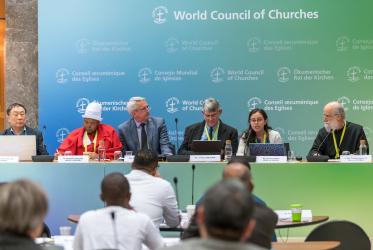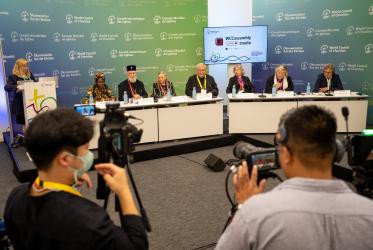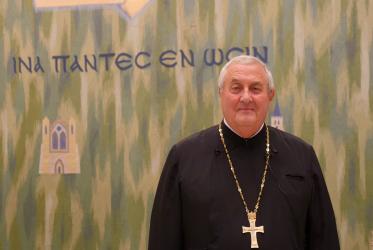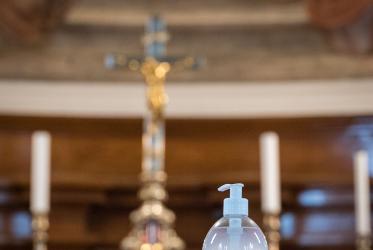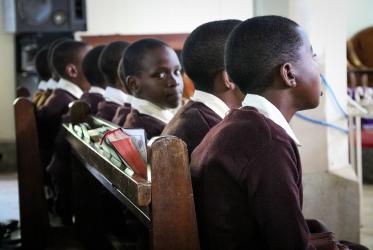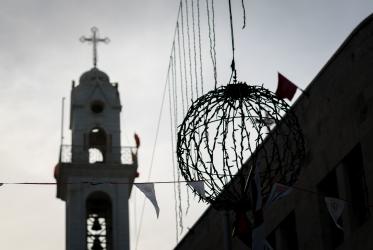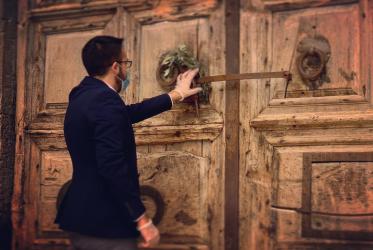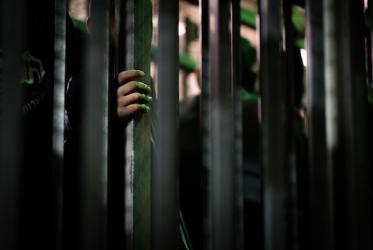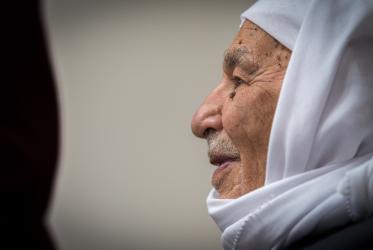Displaying 1 - 20 of 72
Thirsting for peace: Gaza's water woes in the midst of war
31 January 2024
Water as a divine gift, and justice issue
08 September 2022
World mourns loss of Archbishop Desmond Tutu
30 December 2021
Dr Abuom reflects on women of faith as healers of creation
05 October 2021
Webinar on Middle East racism: “Never lose hope”
28 November 2019
WCC remembers lost colleagues
24 May 2019
